Rebecca Solnit Archive
The Longitudinal View of Rebecca Solnit
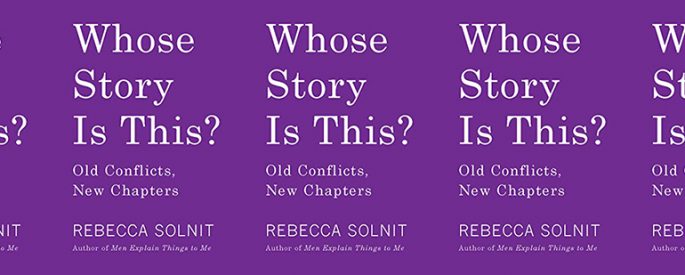
Solnit’s approach has reflexivity built into it—a tendency to return to the past and to think through the same event multiple times in light of our current moment. Far from feeling repetitive, then, her most recent collection offers readers nuanced takes on old issues.
Reading Rebecca Solnit’s Hope in the Dark
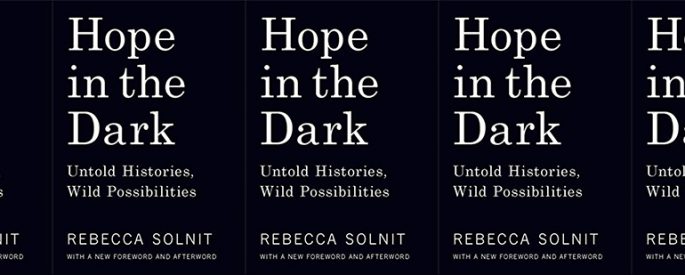
The darkness of the future may not mean that anything is possible, but it certainly means that no particular outcome is certain. This uncertainty is the grounds of hope; it also means that hope in itself is insufficient. Hope demands that we work to build a better future on
Rage and Shame
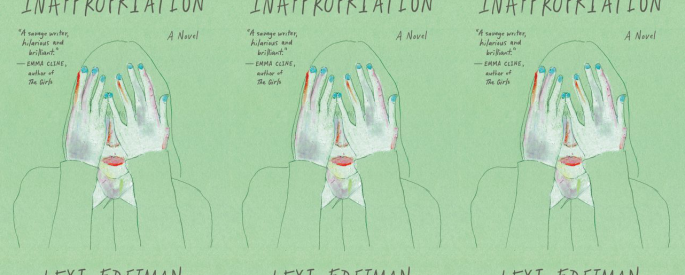
Works by Rebecca Solnit and Lexi Freiman take a look at how women express and suppress their rage.
The Cocoon and the Vista: Rebecca Solnit and Czeslaw Milosz on Vastness
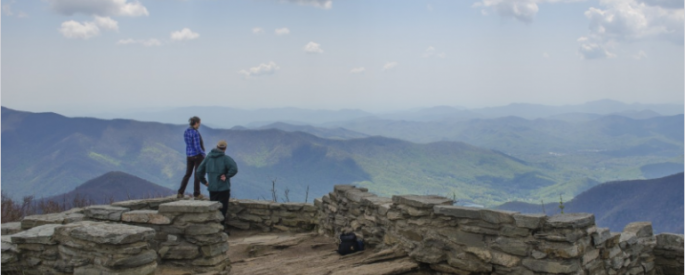
Both Solnit and Milosz transform picturesque vistas into fully alive places on the page. Their methods are instructive not only for writing about place, but as tools for toggling between any set of Big Questions and the particulars of moving as a body through streets.
Out with T.S. Eliot, and In with Cathy Park Hong: Poetry Criticism in the 21st Century
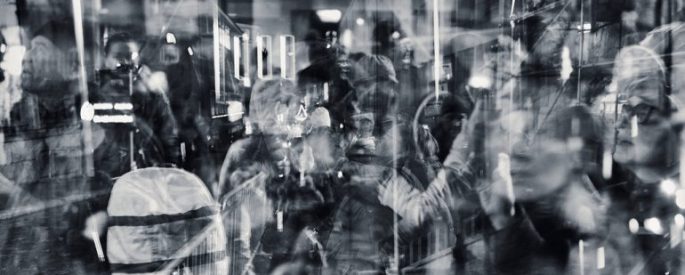
The debate about whether Rupi Kaur’s poetry (and by extension, the whole genre dubbed “instapoetry”) is good or bad has apparently been revived. Whether that debate is actually useful in the terms it has set out for itself remains to be seen. Most often, it seems, when the poet
The Poetics of Bewilderment
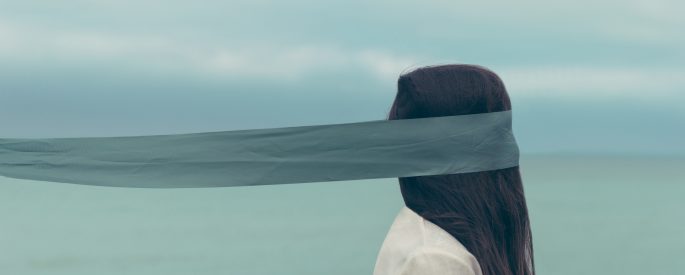
Perhaps it’s paradoxical to want to define bewilderment, much less bewilderment as a poetics, given that the word generally refers to a state of confusion, an unmooring from the resolute signifiers that compose our comfortable, if not tidal and illusory, understanding of reality.
Getting Lost with Rebecca Solnit

Prior to reading Rebecca Solnit's A Field Guide to Getting Lost, I had assumed it was about getting lost in the physical sense, for the sake of exploring and enjoying the natural world. It is not that.
12 Books To Help You Survive 2017 And the Trump Era

Many of us will need to cope with, resist, or try to understand (or all of the above) Trump in 2017. So, below are 12 books—one per month—that can help with those unexpected projects.
On Movement: the Writer as Walker

Many writers have explored the pleasures of walking, including the likes of Virginia Woolf and Amy Hempel. There is a whole canon that depicts and analyzes the connection between moving through geographical terrains and mental ones.
The Words Beneath the Sound: Music Inspired by Literature
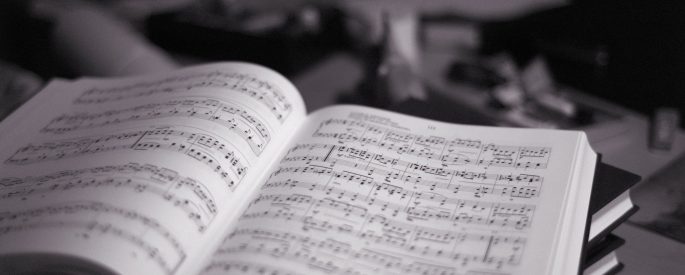
As Virginia Woolf famously observed, the best writing often begins with a rhythmical “wave in the mind,” an inner tempo around which syntax and diction are arranged, a guiding beat of artistic intuition that, when struck upon, makes it nearly impossible to set down the wrong word. Other writers